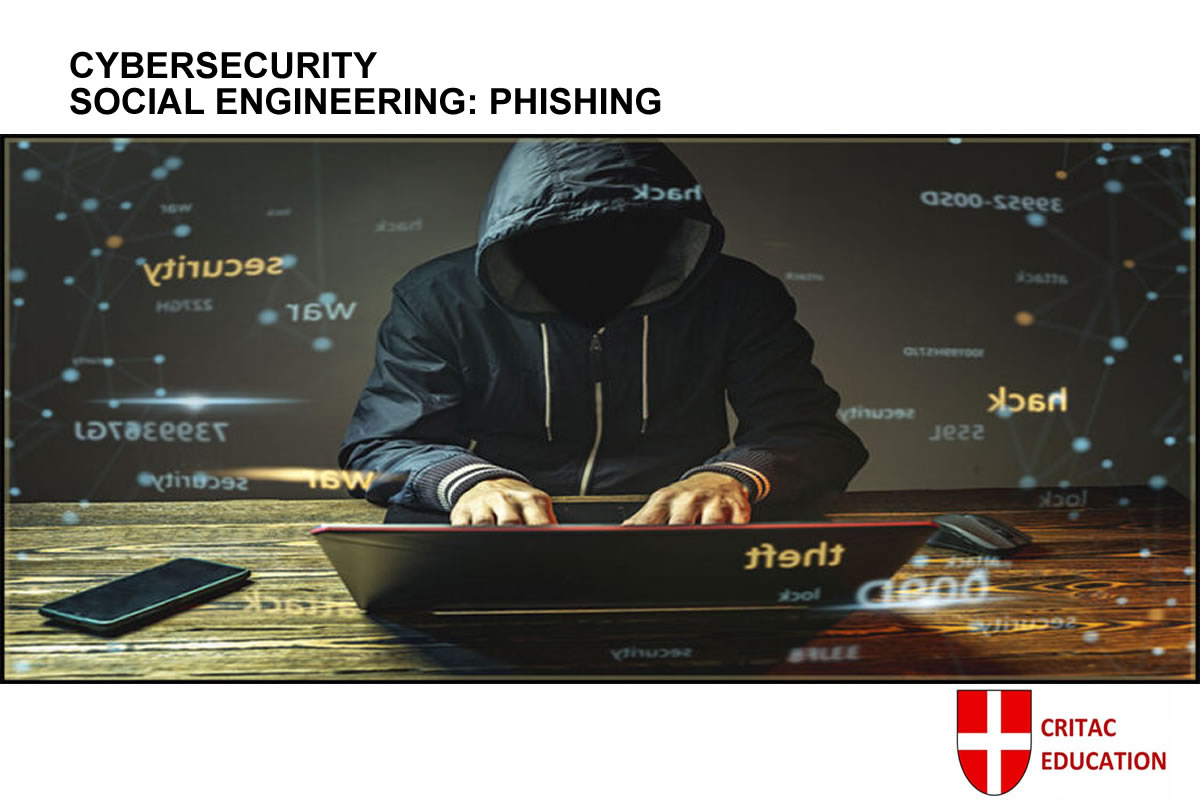Embark on a deep dive into the world of social engineering and phishing with this comprehensive course. In an age where cyber threats are ever-evolving, understanding the intricacies of these deceptive techniques is crucial for anyone interested in cybersecurity, digital defense, or safeguarding sensitive information.
The course commences with an introduction to social engineering, laying the foundation for participants to comprehend the concept's nuances and real-world impact. Engaging case studies illustrate how social engineers employ manipulation to breach trust and access confidential information.
Understanding the psychology behind phishing is a core component of this course. Participants will explore the psychological principles that phishing attackers exploit to deceive their targets. Through real-life case studies, the course unravels the impact of cognitive biases on decision-making and why individuals fall victim to phishing scams.
The course delves into the various types of phishing attacks, providing an in-depth look at email phishing, spear phishing, whaling, SMS/text phishing (smishing), vishing, and social media-based phishing. Participants will gain insights into how these techniques are executed, with a focus on defense strategies.
Techniques employed in phishing attacks are explored, including spoofing, URL obfuscation, content manipulation, phishing through file attachments, insider threats, and pretexting. Real-world case studies emphasize the dire consequences of these tactics.
Crafting effective phishing messages is a critical aspect of the course, revealing the anatomy of phishing emails, language and tone, and how to identify common red flags. The course also highlights the challenges of phishing in different languages and cultural contexts.
Gathering information for phishing attacks is addressed, with a focus on open-source intelligence (OSINT), social media reconnaissance, and utilizing leaked databases and dark web information. Participants will learn techniques for collecting personal and organizational data.
Phishing infrastructure and tools are unveiled, offering a glimpse into the phishing attacker's toolkit, the creation of phishing websites, and infrastructure setup for mass phishing campaigns. This module emphasizes the importance of vigilance in detecting and preventing phishing attacks.
Phishing prevention and mitigation strategies are explored, covering user education, technical safeguards, multi-factor authentication (MFA), and incident response. Participants will understand the importance of these measures in fortifying defenses against phishing.
The course also presents case studies of notorious phishing attacks, offering valuable insights into the impact of high-profile incidents and the techniques employed by attackers. These real-world examples provide a deeper understanding of the evolving threat landscape.
Looking to the future, the course examines emerging trends and innovations in phishing, making predictions about the evolution of techniques and highlighting the role of AI and machine learning in defense. Strategies for staying ahead of cybercriminals are emphasized.
Ethical phishing and security awareness are crucial aspects of the course, encouraging participants to leverage ethical hacking to combat phishing and cultivate security-aware cultures within organizations. Training and awareness programs for individuals and employees are also covered.
In conclusion, the course recaps key points about social engineering and phishing, emphasizing the ongoing battle against these attacks and encouraging individuals and organizations to stay vigilant and informed.
